War in Ukraine threatens crucial Arctic research
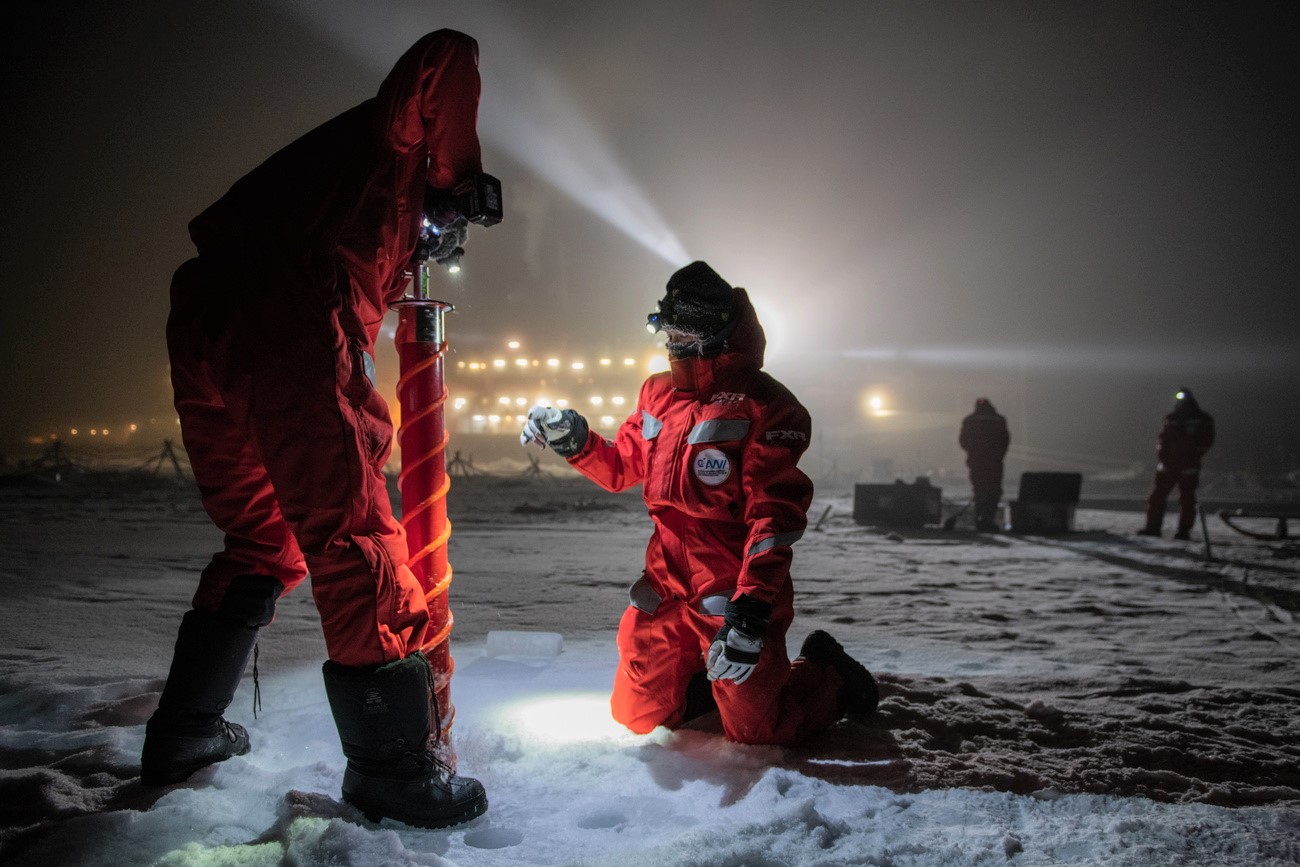
Sanctions against Russia after its invasion of Ukraine are taking a toll on scientific research in the Arctic. International collaborations involving Swiss scientists are being jeopardised in one of the regions most vulnerable to climate change.
Last summer Beat Frey boarded a Russian icebreaker with some 70 scientists from different countries to take part in an expedition to the Arctic co-organised by the Swiss Polar InstituteExternal link. For the first time the researcher from the Swiss Federal Institute for Forest, Snow and Landscape was able to travel to otherwise inaccessible areas of the Russian Arctic.
“We went to isolated and little-known islands. It was an extremely interesting trip,” he tells SWI swissinfo.ch.
Frey and his team collected soil, permafrost, water and air samples. “We returned to Switzerland with a lot of valuable information,” he said. “But the soil and vegetation samples remained in Russia.”
These samples are important for establishing the chemical properties of the soil, explained Frey, who studies microorganisms in soil and permafrost. But he fears that the war in Ukraine will prevent the samples from being sent to Switzerland for further evaluation.
“Without them it becomes difficult to interpret the data we have collected,” he said. The team’s findings are crucial to understanding the effects of rapidly melting Arctic permafrost, a major contributor to climate change.
Away from the Russian Arctic after 13 years?
Frey is not the only researcher struggling with fallout from the war in Ukraine. Hundreds of collaborations between Russian and Western scientific institutions have been suspended and numerous research expeditions postponed indefinitely, according to reports by the ReutersExternal link news agency.
The Arctic Council, an intergovernmental institution for the management and sustainable development of the region north of the Arctic Circle, has suspended all its activities. Russia currently heads the Council, which comprises the eight Arctic statesExternal link, having taken over the presidency from 2021-2023.
Despite its location at the centre of the European continent, Switzerland has a long tradition of polar exploration and is now one of the world leaders in polar research. In 1912, the Swiss Alfred de Quervain led the first complete crossing of the Greenland ice sheet.
Swiss scientists can draw on the knowledge they have gained from studying glaciers, snow and permafrost in the Alps. In the Arctic, Swiss research has contributed to results in areas such as the reconstruction of past climate trends, ice dynamics in Greenland, the physical properties of snow in Siberia and the influence of the ice shelf on global climate and weather.
The Swiss Polar Institute, founded in 2016, aims to improve knowledge about the poles and encourage international collaboration. Since 2017, Switzerland has been a member of the Arctic Council as an observer.
“Even before [the war], accessing Russian territory to do research was not easy. Now it has become even more complicated,” Gabriela Schaepman-Strub, associate professor of earth sciences at the University of Zurich and scientific director of the Swiss Polar Institute, told SWI swissinfo.ch. Organising meetings, workshops or conferences with Russian participation is also more difficult, she added.
This summer, Schaepman-Strub will not be able to travel to northeastern Siberia, where she has been studying the effect of global warming on precipitation and biodiversity for several years. Her presence there is essential to replace damaged equipment and continue taking measurements.
“I won’t be able to do anything this year, and this risks undermining the work done so far,” she said.
The Russian partners in the project are trying to salvage what they can, but because of the sanctions it is not possible to send them financial support for things like flights to remote research sites.
“I’ve been working in Russia for 13 years and don’t want to lose the few measuring sites we have in Siberia. But I’m starting to wonder if I will have to go and work elsewhere in the Arctic,” she said.
Essential collaboration
Schaepman-Strub says that both Russian and Western scientists have long benefited from “close cooperation” between their scientific worlds. The Russians supply equipment and secure the infrastructure for research, including icebreaking vessels. They also bring specific skills and knowledge, she says, such as expertise in ice-core drilling, a technique used in palaeoclimatology.
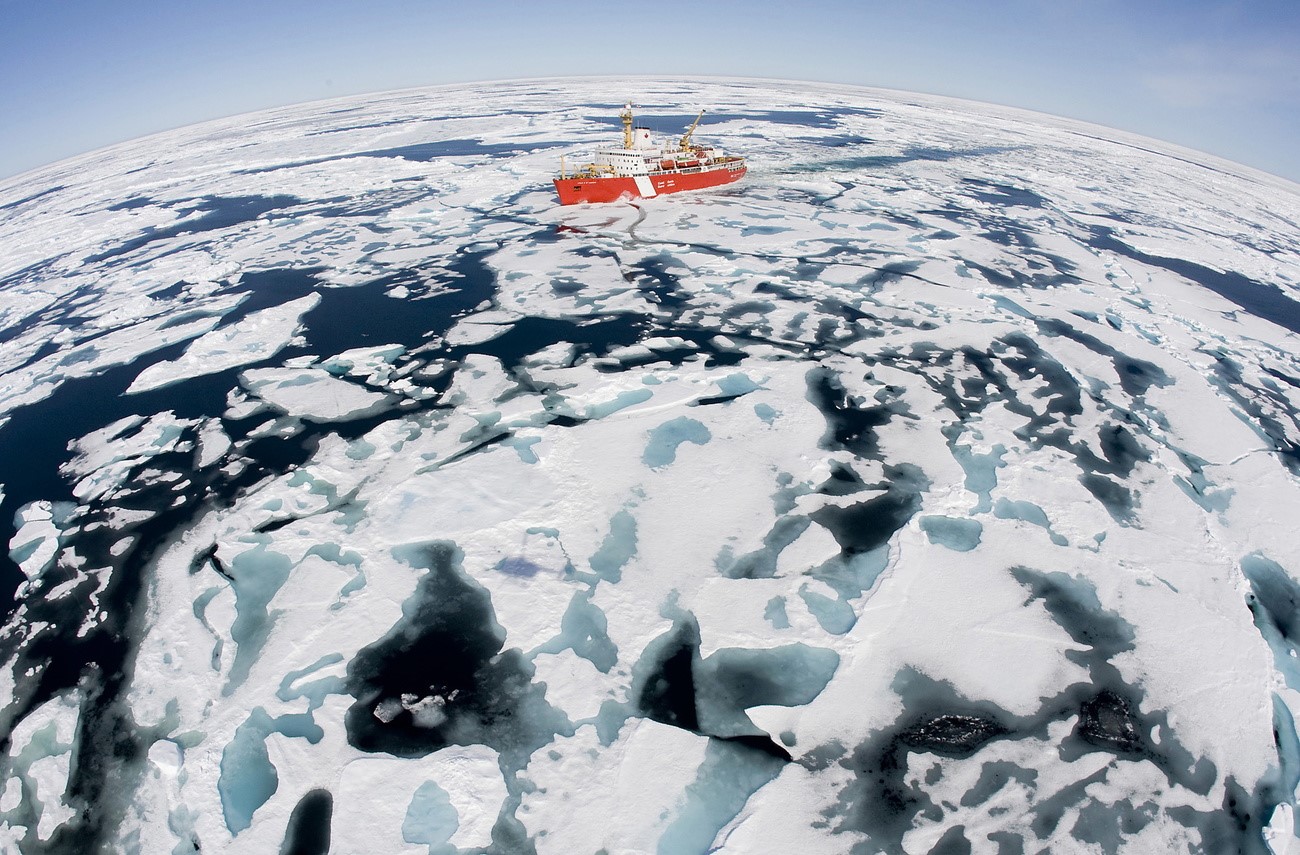
More
Switzerland has a role to play in the Arctic
Scientists face a ticking clock when gathering data in the Arctic, where temperatures are rising four times faster than in the rest of the world. While the rapidly melting ice presents new opportunities for maritime transport and the extraction of natural resources, thawing permafrost is also expected to have a major impact on global warming.
Permafrost expert Frey explains that Arctic soils are very old and contain large amounts of carbon. As the climate warms, microorganisms are reactivated and begin to metabolise carbon, which produces the greenhouse gases CO2 and methane.
“In studying climate, it is important to understand the dynamics of these processes, not least because they have a global effect,” he said.
Scientists estimate that 1,700 billion tonnes of CO2 are stored in the Arctic permafrostExternal link, twice the amount present in the atmosphere. As the permafrost thaws, this gas could be released into the atmosphere, in turn accelerating global warming.
Russia is essential to permafrost research and continuing studies elsewhere in the Arctic would not make much sense, according to Schaepman-Strub.
“Two-thirds of the Arctic permafrost is in Russia,” she said. “There, the permafrost layer is much more extensive, and the Siberian tundra is also different from other [arctic tundras].” Russia also has a continental climate that cannot be compared to Alaska or Canada.
Future in jeopardy
For the time being Schaepman-Strub is monitoring the situation to assess whether and how to move forward. “No one knows what is going to happen: will the situation be resolved in a couple of months, or will it take years?” she said.
The memoranda of understanding concluded by the Swiss Polar Institute with foreign institutions that research the Arctic are about to expire, and new collaborations are not possible at the moment, she said. “This situation risks undoing some of the work done so far. It will take years to reopen the institutional channels.”
The Russian invasion of Ukraine also affects Schaepman-Strub’s personal network, as thousands of scientists have signed a letter against the warExternal link and face jail or fines as a result. “One colleague told me that in her institute in Russia, 10% of the people have left,” she said. “We are losing a lot of expertise and especially a lot of people who would have been happy to collaborate internationally.”

In compliance with the JTI standards
More: SWI swissinfo.ch certified by the Journalism Trust Initiative
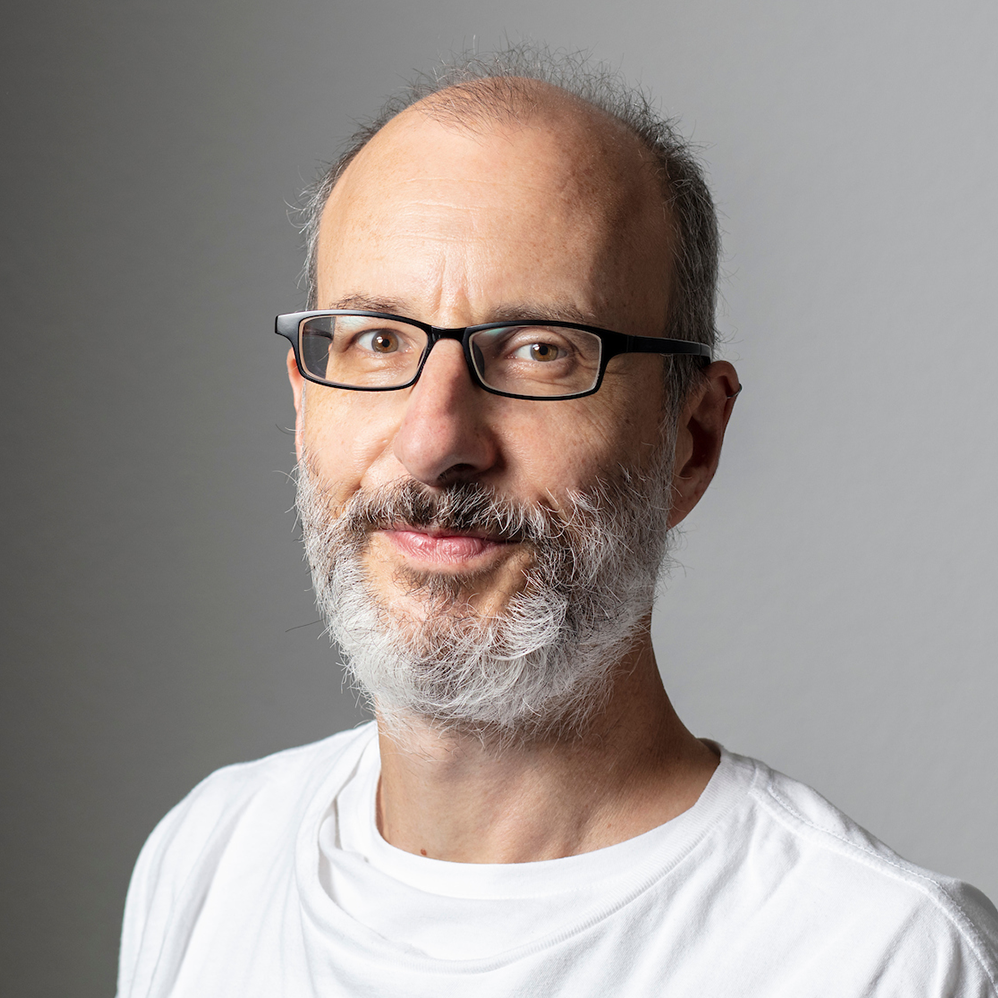
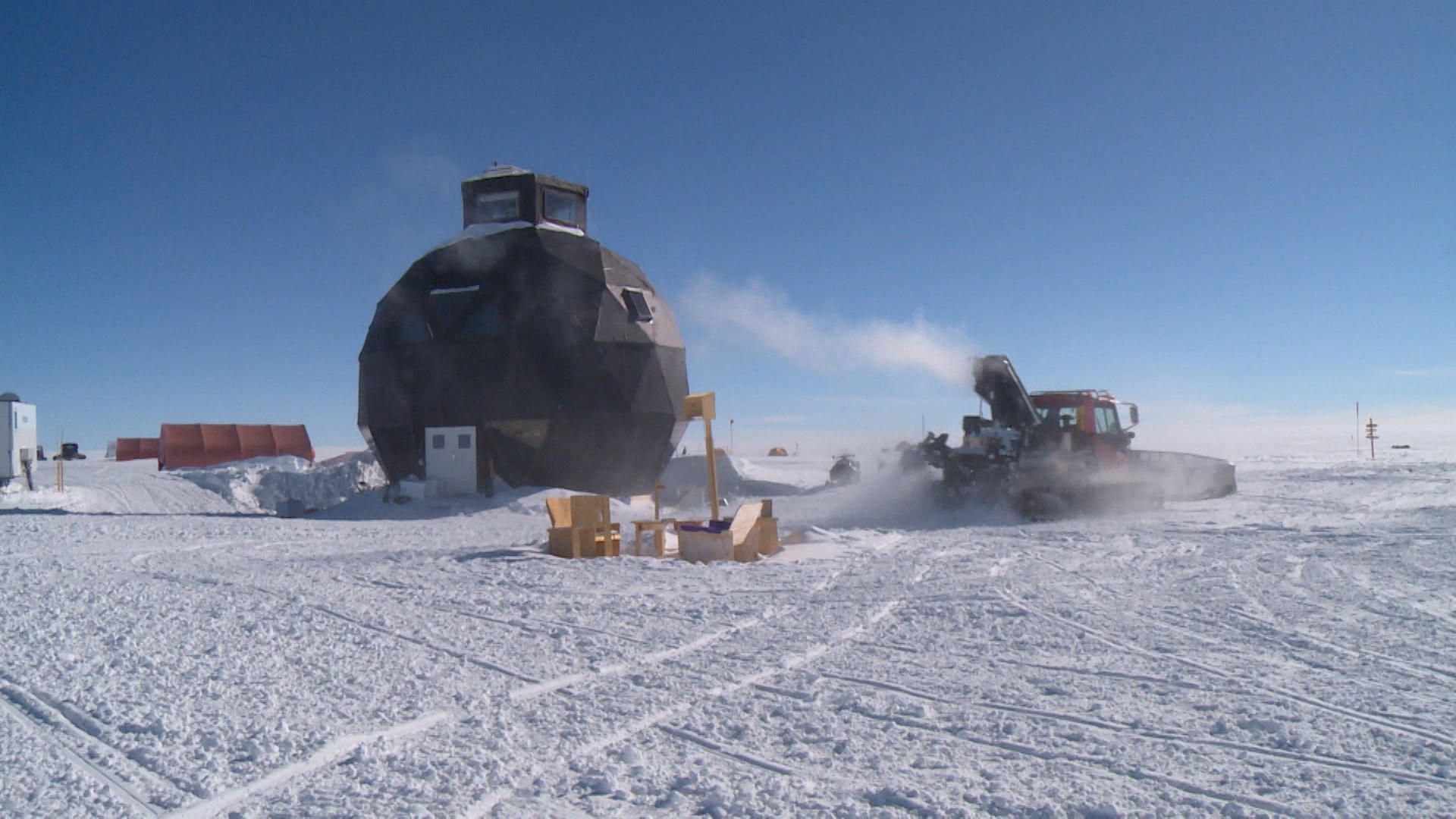
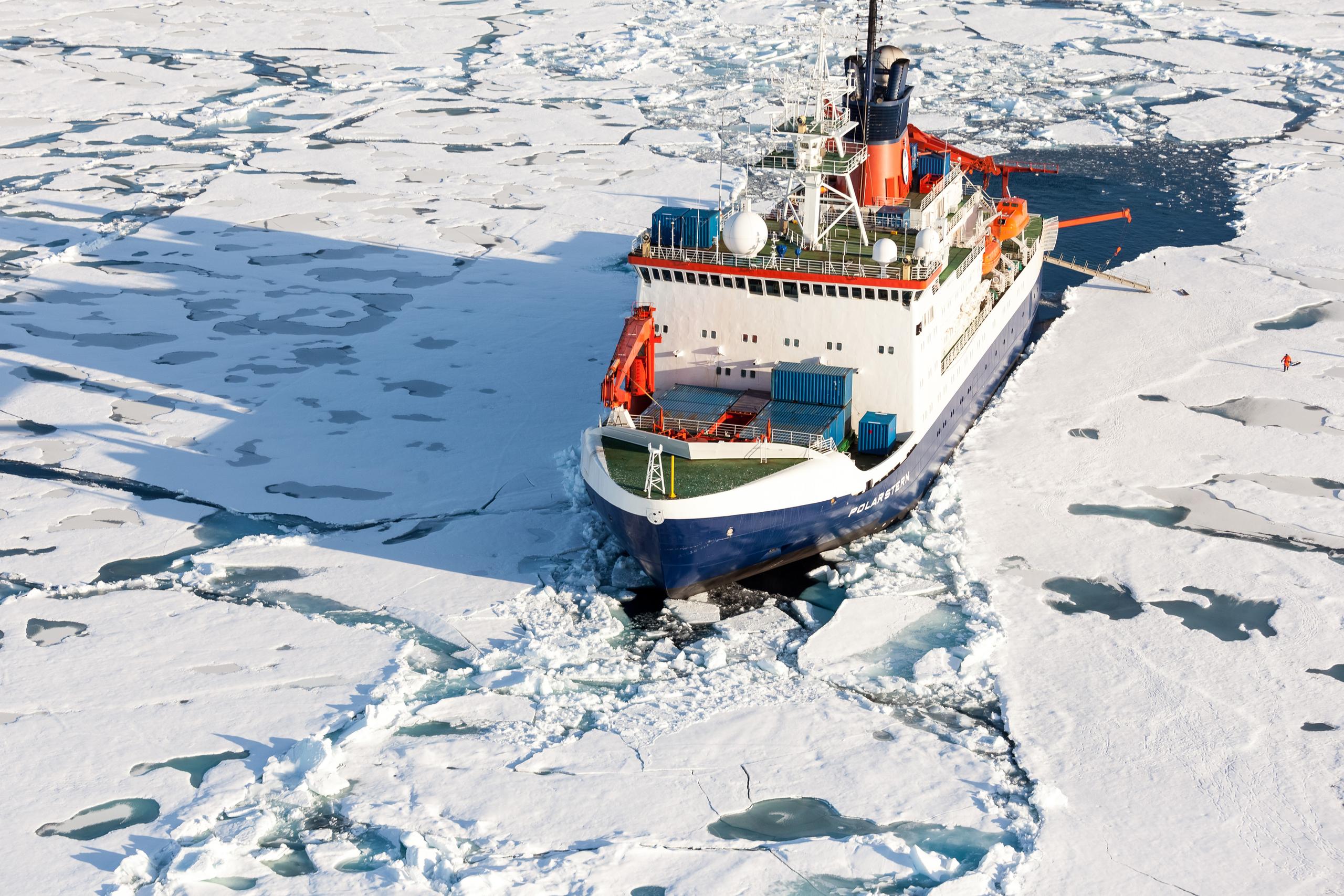
You can find an overview of ongoing debates with our journalists here . Please join us!
If you want to start a conversation about a topic raised in this article or want to report factual errors, email us at english@swissinfo.ch.